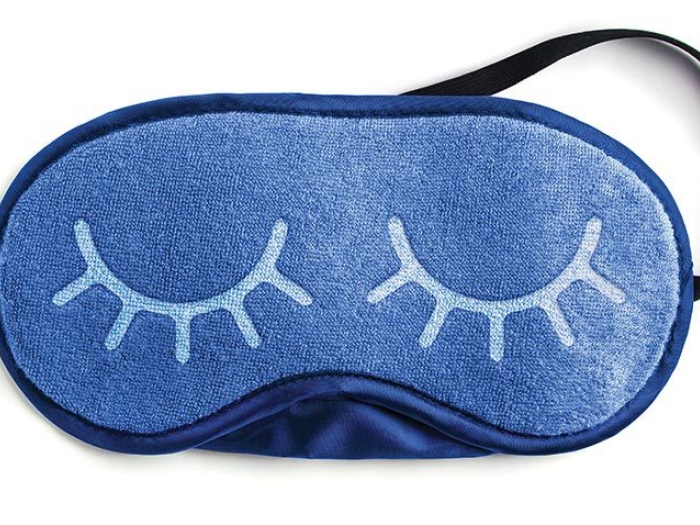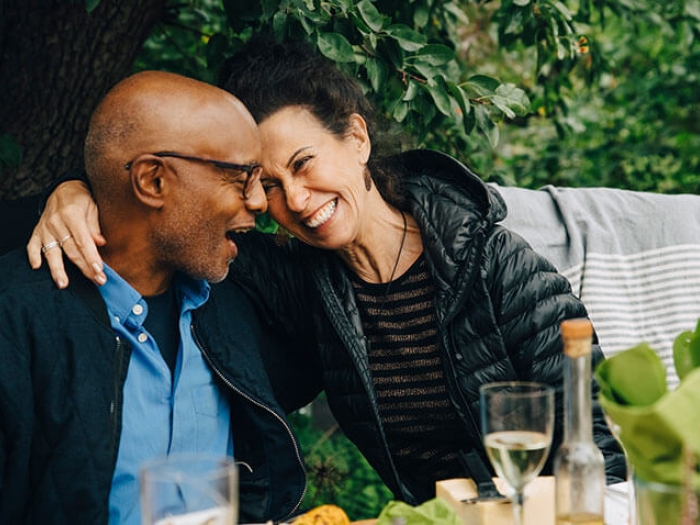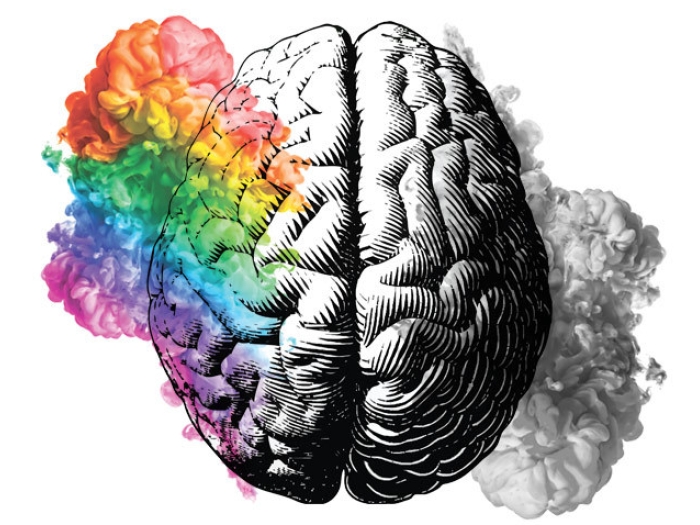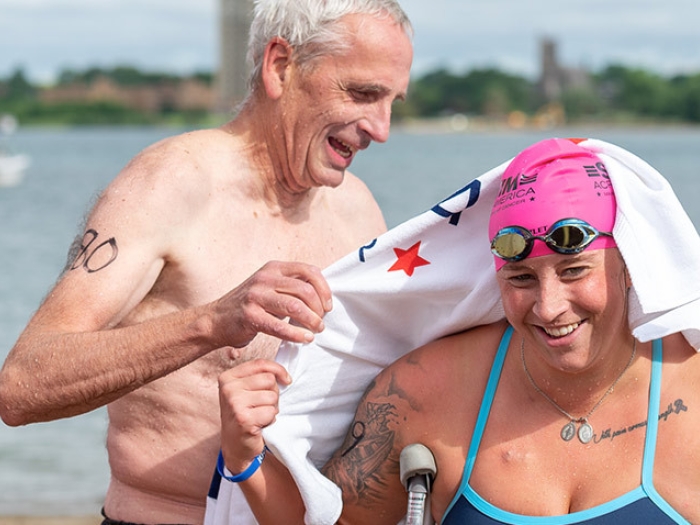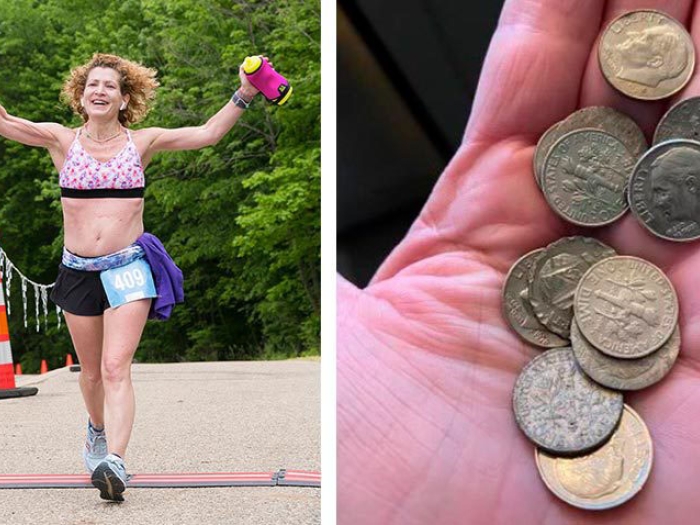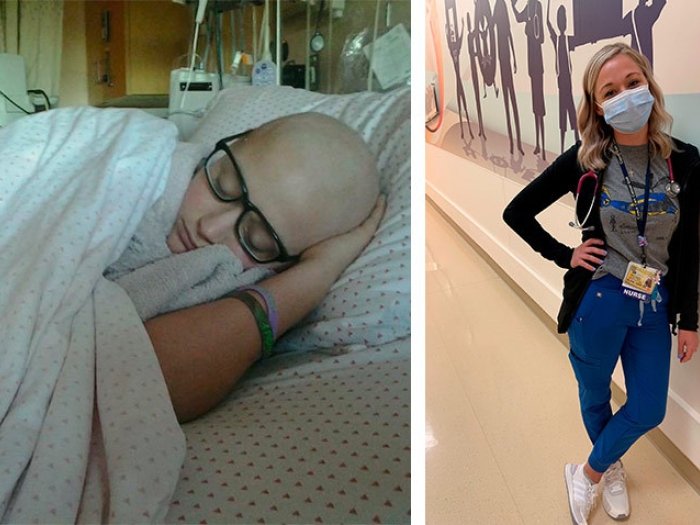Many cancer patients report varying levels of fatigue during and after their treatment. Simple steps can ease the condition.
7:00 AM
Author |

As cancer treatment continues to improve, there are more cancer survivors. The number of people with a history of cancer in the United States has increased from 3 million in 1971 to about 14 million today.
SEE ALSO: How Single People Can Cope with a Cancer Diagnosis
With more people living with cancer come more reported long-term side effects. Also known as late effects, such symptoms include chemo brain, lymphedema, peripheral neuropathy and problems with digestion, bones and the heart.
One of the most common: fatigue.
A byproduct of chemotherapy, radiation therapy and biologic therapy, fatigue can sometimes affect people for a long time after treatment ends. Here are some ways to ease the exhaustion:

Cancer treatment can also worsen other health conditions you may have, such as diabetes or heart disease. Your doctor will be able to tell you if you are at risk for developing any late effects based on your cancer type, the treatment you have received and your overall health.
Whether your consultation concerns fatigue or other long-term side effects, consider asking these questions:
-
What are the most common late effects that may develop based on my treatment plan?
-
What should I do if I notice a late effect?
-
What can be done to manage any side effects that continue after treatment?
-
What screening tests do you recommend based on my cancer history?
-
Are there other doctors or specialists I should see, such as a cardiologist or endocrinologist?
-
What is my risk of developing another type of cancer?
Many hospitals have programs designed to treat patients experiencing symptoms from cancer treatment that impact their lives. An example of this type of program is the University of Michigan's Cancer Rehabilitation program, which helps patients have a better quality of life.
Still, not everyone who has cancer treatment experiences long-term side effects. And if you do, the symptoms may vary. Talk with your cancer team to develop a follow-up plan that can be shared with your primary care physician, too.

Explore a variety of health care news & stories by visiting the Health Lab home page for more articles.

Department of Communication at Michigan Medicine
Want top health & research news weekly? Sign up for Health Lab’s newsletters today!
